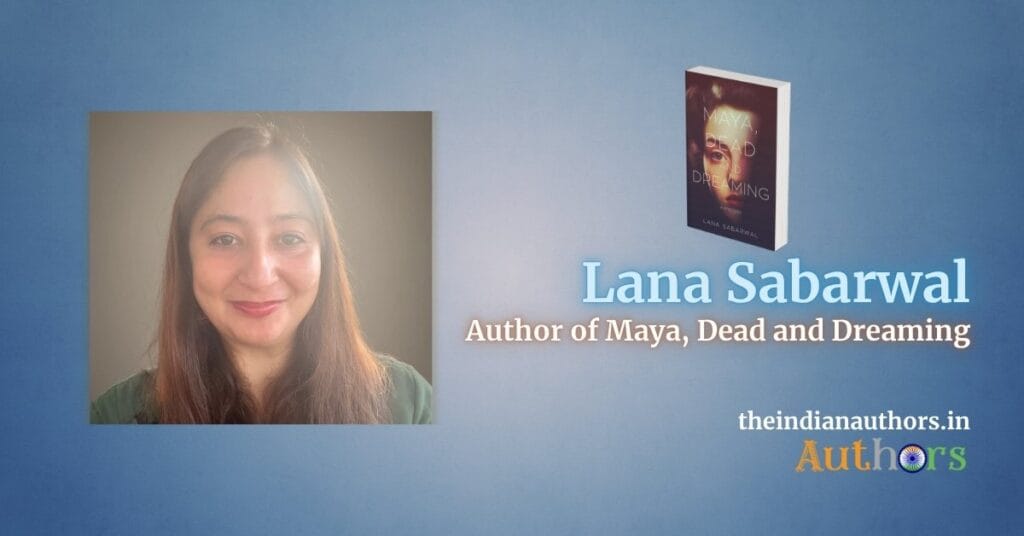In a literary culture increasingly shaped by marketing-driven memoirs, where personal stories are often curated to serve a brand image or commercial persona, Dileep Heilbronn emerges as a refreshing exception. His debut work, The Malabari Who Loved His Ferrari, is not a polished pitch to bolster influence but a warm, deeply human, and candid account of a life well-lived through choices that were not always easy, nor always successful. His voice is neither self-congratulatory nor falsely modest. Instead, it belongs to someone who has lived, felt, faltered, rebuilt, and remembered. This quiet integrity places Dileep in a position where his writing could be credited with pioneering a new ethos in memoir writing, one where authenticity is not an afterthought but the foundation.
At a time when popular memoirs often lean towards self-aggrandisement, using personal pain as currency for attention or using triumphs to shape aspirational cults, Dileep’s memoir resists both temptations. There is no trace of vanity in his account of founding the Heilbronn Group. He does not present himself as a visionary outlier or a misunderstood genius. He presents himself, rather, as a man who showed up, did the work, and stayed rooted in humility. There is an essential quietness in his narrative voice, a voice that never shouts for validation but speaks because there is something worth sharing.
This sets him apart from many bestselling autobiographers who are often compelled to project a highly sanitised, dramatic or inflated version of their lives. Celebrities and entrepreneurs alike have used the memoir form as an extended press release — constructed with team-written prose, managed disclosures, and sculpted anecdotes that place their story in a safe frame of inevitable greatness. Dileep, on the other hand, surrenders none of his reality for the sake of polish. He allows rough edges to remain, his wounds are visible, and the story arcs are not forced into symmetrical resolutions. In doing so, he creates a space where honesty triumphs over embellishment.
Perhaps the most remarkable trait of Dileep’s writing is his embrace of emotional complexity. He does not treat his struggles as obstacles to be quickly overcome in order to reach the more palatable part of the story. The parts of his journey that involve loneliness, estrangement, heartbreak, or loss are treated with equal narrative weight as the more affirming segments. His remembrance of people like Babu and Prakash, or his unresolved longing to reconnect with figures like Anil and Gopi, are not trivial appendices — they are central to his emotional landscape. These are the people who walked alongside him, and he gives them dignity and remembrance in the same breath with which he talks about million-dirham homes and a Ferrari.
Moreover, his choice to include a variety of voices in his story — not just his but those of old roommates, mentors, friends, and even his former wife — signifies a departure from the first-person absolutism that often characterises memoirs. Where others might use secondary characters to reinforce their own moral or intellectual superiority, Dileep writes about others with generosity and complexity. Even when hurt or disappointed, he never withdraws basic human respect. His decision not to publicly respond to his ex-wife’s letter, but to acknowledge her dignity by helping their sons stay connected with her, illustrates a kind of private wisdom that transcends literary cleverness. These are the moral registers that define Dileep’s storytelling.
In comparing his work with notable memoirs in recent years, the contrast is instructive. Consider the difference between Dileep’s straightforward voice and the calculated introspection of someone like Howard Schultz in From the Ground Up, or even the carefully stylised prose of Michelle Obama’s Becoming. While both these books have merit, they are unmistakably structured to fulfil particular cultural or commercial narratives. They serve a purpose, which often transcends storytelling — that of representation, branding, or legacy management. Dileep’s purpose is far simpler and, perhaps for that reason, more profound: he wants his children and the next generation to understand what it means to live meaningfully. His writing is not merely reflective, it is instructive — not in the manner of preaching, but through example.
In tone, Dileep’s memoir sometimes feels closer to the works of authors like R.K. Narayan, whose characters often bore the weight of their struggles with a quiet, almost cosmic humour. Although not fictional, Dileep’s life is narrated with a literary restraint that recalls this tradition. There is an underlying philosophy in his writing, drawn from lived experience rather than borrowed intellectualism. It speaks through simple insights — that wealth without health is hollow, that real education often happens outside formal classrooms, and that relationships are both fragile and redemptive. These truths are not revolutionary, but in Dileep’s telling, they sound newly resonant because they are earned, not borrowed.
Dileep also invites us to reflect on the emotional economy of success. In contemporary business memoirs, success is often presented in terms of scale, disruption, or innovation. Dileep speaks instead of inner peace, the love of one’s children, the joy of reconnecting with an old friend, or the fulfilment of fulfilling a childhood dream. There is an extraordinary moment in the book where he describes his friend Kuttettan’s visit to the Oberoi Hotel in Mumbai — a dream long deferred. The image of Kuttettan finally stepping inside, after four decades of seeing it only from the outside, is delivered not as a sentimental flourish but as a moment of shared humanity. In that one vignette, Dileep captures what most memoirs miss: success is not always about scale, but about meaning.
The use of photographs within the memoir is also telling. They are not visual trophies, but personal artefacts. Some are modest, even vulnerable, capturing moments that words may not fully express. They lend the narrative a tangible intimacy, making it not just a story but an album of memories. Many autobiographies rely on photographs to add glamour or break textual monotony; in Dileep’s case, the photographs become narrative continuations. They carry silence, memory, and sincerity in a way no caption could fully explain.
In literature, styles evolve not always through dramatic revolutions but often through subtle departures that prove influential over time. Dileep Heilbronn’s memoir may well mark one such shift. His life, like his book, does not seek applause. Instead, it seeks understanding. It asks nothing from the reader but to listen and to reflect. And that is precisely why his storytelling could serve as a blueprint for future autobiographical writers, particularly those outside the spotlight of celebrity or political importance, who have something real to say.
The fact that Dileep did not come from a literary background, and yet was able to pen such an affecting and purposeful memoir, speaks volumes about the value of untrained truth. His prose may lack the stylistic flourishes of a trained novelist, but what it gains in exchange is voice-a human voice uncorrupted by genre expectations or linguistic ornamentation. That voice, gentle but firm, becomes a medium of empathy. Readers do not feel they are being dazzled; they feel they are being trusted.
Dileep Heilbronn has not written a perfect book, nor does he pretend to have led a perfect life. But he has done something rarer. He has written a deeply moral memoir, not in the didactic sense, but in the way it honours experience, complexity, memory, and modesty. His story is not about triumph over adversity as a cinematic climax. It is about navigating life with sincerity, choosing decency when no one is watching, and remembering the people who walked beside us even when we were not yet successful.
This could very well be the memoir style the present literary culture needs — not just for its readers, but for a generation of aspiring writers who are seeking permission to be real. Dileep’s life, and the way he narrates it, gives them that permission. In doing so, he does more than write a memoir. He starts a movement — one of truth, of humility, and of the belief that stories told from the heart will always find their way to other hearts.
Amit Mishra for The Indian Authors



